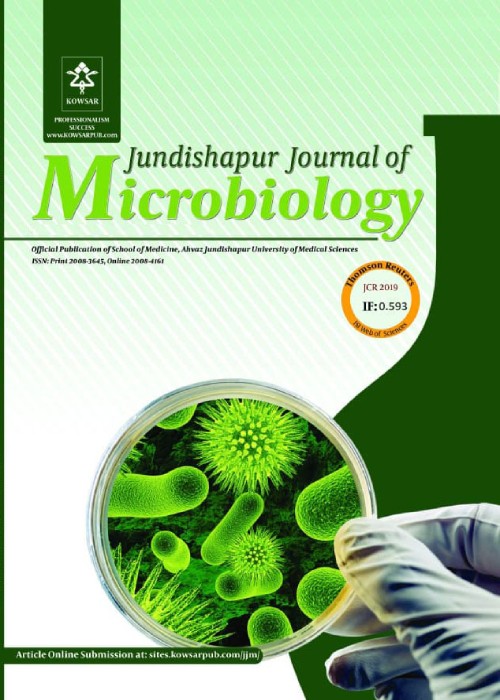Designing and Synthesis of an Anti-Candida parapsilosis Thymoquinone Lipid Formulation
Candida parapsilosis complex, as an opportunistic pathogen, can cause various infections, especially in immunocompromised patients.
This study investigated a novel thymoquinone-liposomal nanoparticle to increase the stability of thymoquinone with antifungal effects against C. parapsilosis isolates.
The thymoquinone was encapsulated in liposomal nanoparticles using a thin-film hydration technique and then analyzed by transmission electron microscopy (TEM), particle size, zeta potential, and UV-visible spectrophotometer. Also, the MTT (3-[4,5-dimethylthiazol-2-yl]-2,5 diphenyl tetrazolium bromide) assay was used on peripheral blood mononuclear cells (PBMCs) for cell metabolic activity. The antifungal activity of thymoquinone-liposomal nanoparticle against 15 clinical isolates of C. parapsilosis and the reference strain was examined based on the M27-A3 guideline.
The synthesized thymoquinone-liposomal nanoparticle was approved by the TEM, particle size, zeta potential, and UV-Vis. The thymoquinone-liposomal nanoparticle showed no toxic effect on PBMCs following the MTT assay. The minimum inhibitory concentration (MIC) range of free thymoquinone and liposomal formulations with inhibitory effects on Candida isolates was 50 to 6.25 and 150 to 18.75 µg/mL, respectively. The MIC50 and MIC90 values of free thymoquinone and thymoquinone-liposomal nanoparticle were 25 and 50, and 75 and 150 µg/mL.
The synthesized thymoquinone-liposomal nanoparticle shows significant antifungal activity against C. parapsilosis isolates compared to free thymoquinone. However, because of its hydrophilicity and hydrophobicity, biocompatibility, particle size, non-toxic effect, and higher cell viability, the thymoquinone-liposomal nanoparticle is a more effective method for treating fungal infections.
- حق عضویت دریافتی صرف حمایت از نشریات عضو و نگهداری، تکمیل و توسعه مگیران میشود.
- پرداخت حق اشتراک و دانلود مقالات اجازه بازنشر آن در سایر رسانههای چاپی و دیجیتال را به کاربر نمیدهد.


